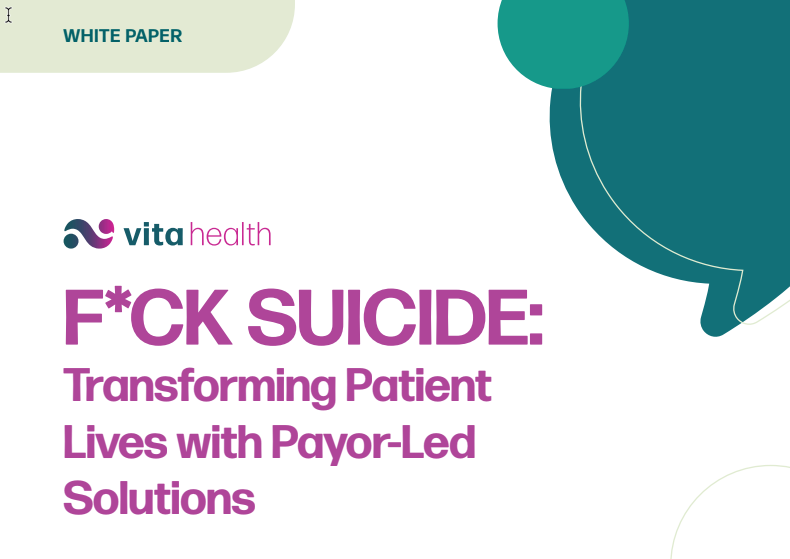Context
Suicide attempts constitute a major risk factor for completed suicide, yet few interventions specifically designed to prevent suicide attempts have been evaluated.
Objective
To determine the effectiveness of a 10-session cognitive therapy intervention designed to prevent repeat suicide attempts in adults who recently attempted suicide.
Design, setting, and participants
Randomized controlled trial of adults (N = 120) who attempted suicide and were evaluated at a hospital emergency department within 48 hours of the attempt. Potential participants (N = 350) were consecutively recruited from October 1999 to September 2002; 66 refused to participate and 164 were ineligible. Participants were followed up for 18 months.
Intervention
Cognitive therapy or enhanced usual care with tracking and referral services.
Main outcome measures
Incidence of repeat suicide attempts and number of days until a repeat suicide attempt. Suicide ideation (dichotomized), hopelessness, and depression severity at 1, 3, 6, 12, and 18 months.
Results
From baseline to the 18-month assessment, 13 participants (24.1%) in the cognitive therapy group and 23 participants (41.6%) in the usual care group made at least 1 subsequent suicide attempt (asymptotic z score, 1.97; P = .049). Using the Kaplan-Meier method, the estimated 18-month reattempt-free probability in the cognitive therapy group was 0.76 (95% confidence interval [CI], 0.62-0.85) and in the usual care group was 0.58 (95% CI, 0.44-0.70). Participants in the cognitive therapy group had a significantly lower reattempt rate (Wald chi2(1) = 3.9; P = .049) and were 50% less likely to reattempt suicide than participants in the usual care group (hazard ratio, 0.51; 95% CI, 0.26-0.997). The severity of self-reported depression was significantly lower for the cognitive therapy group than for the usual care group at 6 months (P= .02), 12 months (P = .009), and 18 months (P = .046). The cognitive therapy group reported significantly less hopelessness than the usual care group at 6 months (P = .045). There were no significant differences between groups based on rates of suicide ideation at any assessment point.
Conclusion
Cognitive therapy was effective in preventing suicide attempts for adults who recently attempted suicide.



